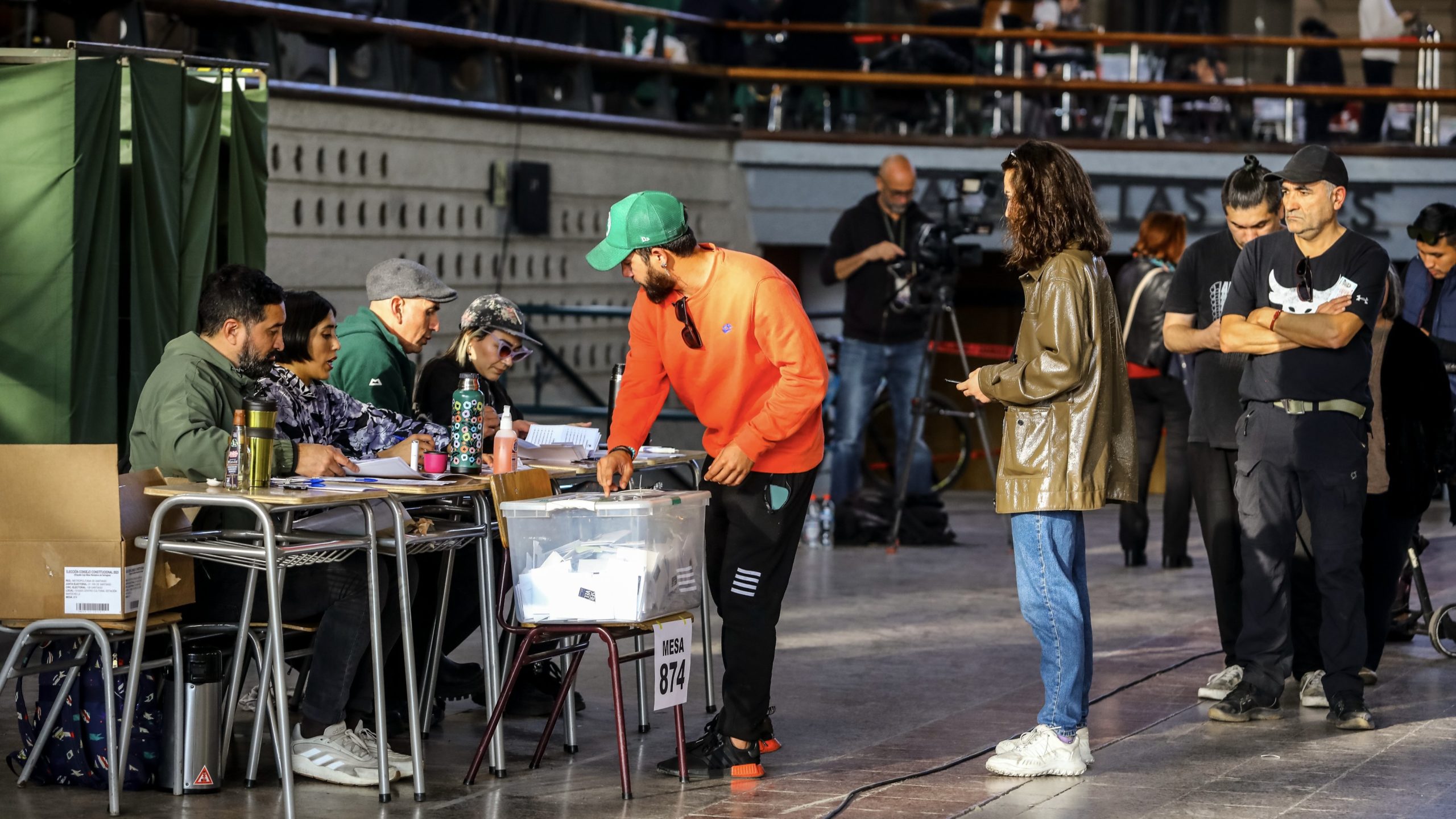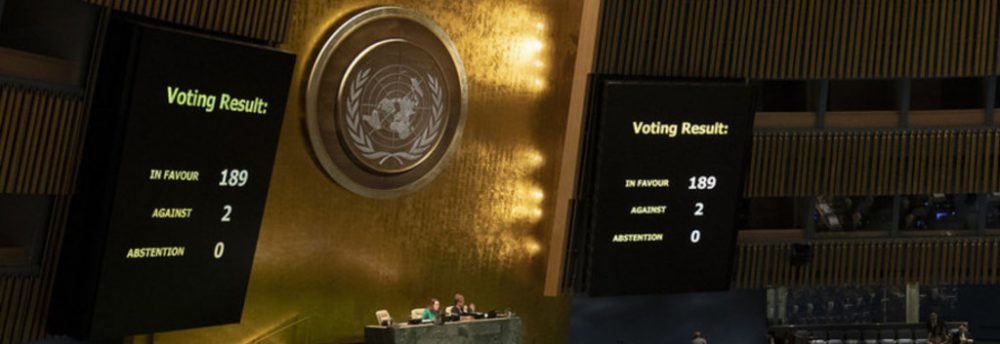The Chilean left reacts to the defeat of the proposed constitution, which could have been even “more Pinochet style than the current one”
December 19, 2023 by Peoples Dispatch

Chile’s right-wing forces won the majority of seats in the Constitutional Council in a vote held on May 7. Photo: Servel/Twitter
On December 17, Chileans rejected a proposed far-right constitution in a plebiscite, which would have included provisions against abortion and same-sex marriage and been even more conservative than the current constitution, a Pinochet-era document. The “against” option obtained 55.76% of the votes, while the “in favor” received 44.24% of the votes, generating various reactions at the national and international level.
As a result of the plebiscite, Chile will maintain the constitution of 1980, approved during the Pinochet dictatorship, which has received important, but not structural, modifications during subsequent democratic governments. Chile is left with the text of the current constitution and, according to what has been indicated by various sectors of the ruling party, the constitutional process would be closed for at least two years.
This vote comes a year after the defeat of a progressive proposed constitution, also in a plebiscite.
“Popular sovereignty has clearly expressed its will and the majority has voted against the constitutional text that has been proposed,” said the president of Chile, Gabriel Boric, in a speech on Sunday after the results were published.
The president emphasized that “during our mandate, the constitutional process is closed, the emergencies are different… The country became polarized, divided and, apart from this overwhelming result, the constitutional process failed to channel the hopes of having a new constitution written for everyone.”
Boric explained that “politics has become indebted to the people of Chile and this debt is paid by achieving the solutions that Chileans need and demand that we achieve.”
According to the latest count by the Electoral Service of Chile (Servel), corresponding to 99.78 percent of the polling stations counted, 6,888,475 people leaned towards the “against” option, while 5,464,739 marked “in favor.”
In a historic vote called through an automatic registration mechanism and mandatory voting for everyone over 18 years of age, according to the latest count, 13,003,653 people participated, which represented 84.40% of the electorate.
Chilean left reacts to victory
At the headquarters of the Socialist Party (PS), the 10 ruling parties met and reacted to the news, joined by the Christian Democrats.
Paulina Vodanovic, president of the PS, read a joint statement approved by all the presidents of the Parties, in which she valued the triumph of the “against” option. “Today, women said forcefully that we are going to defend our rights and cultural advances, we are not willing to give up what has meant decades of struggle. As we declared at the time, our votes, those of everyone present here, will not be available in congress for a third constituent process,” she said.
The President of the Communist Party, Lautaro Carmona, stated that this vote represented the failure of the project of the right, who had in their hands the opportunity to write a new Magna Carta for the country, but who decided to speak only to their sector.
Diego Ibáñez, president of Convergencia Social, commented that this is a moment that requires humility from political leaders. “Chile has expressed itself in a majority that affirms that here, no one is screwed, that here no one wants to go back on conquered rights. The people of Chile have made a call for attention that the Parties, independent of the political sector, have to take with deep humility, either we move forward together or there is no progress.”
Although Daniel Jadue, the mayor of the Recoleta commune and Socialist Party member, assured that “there is nothing to celebrate” after the failure of the second constitutional process, he also pointed out that the results of the plebiscite represent “a great defeat for the Republicans who took control of this process” and who wanted to make the new constitution even “more Pinochet style than the current one.”
“This is a very good sign that Chile does not like the Republicans and that they are not even capable of thinking about Chile as a whole,” he added.
Finally, Jadue stressed that the difference in votes between both options was even greater in his commune, which would represent—in his opinion—a strategic victory against the Republican Party.
“I am also very happy because in Recoleta the victory is much larger, we got close to 63%, which from the strategic perspective is a victory against the extreme right in the commune of Recoleta and that makes us very happy and calm about the future,” he said.
This article was translated and adapted from reports on El Ciudadano.





